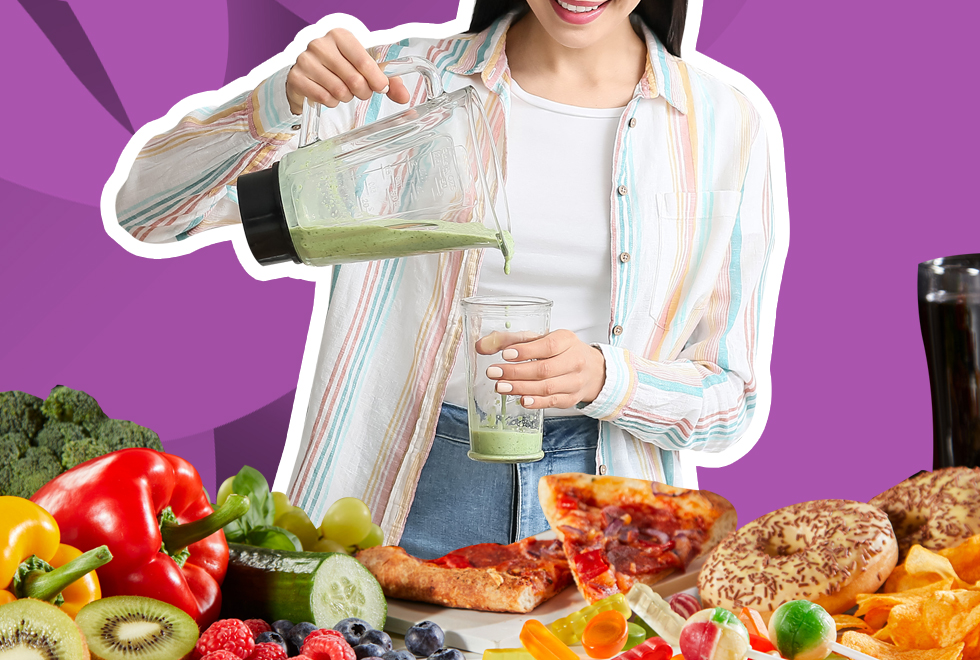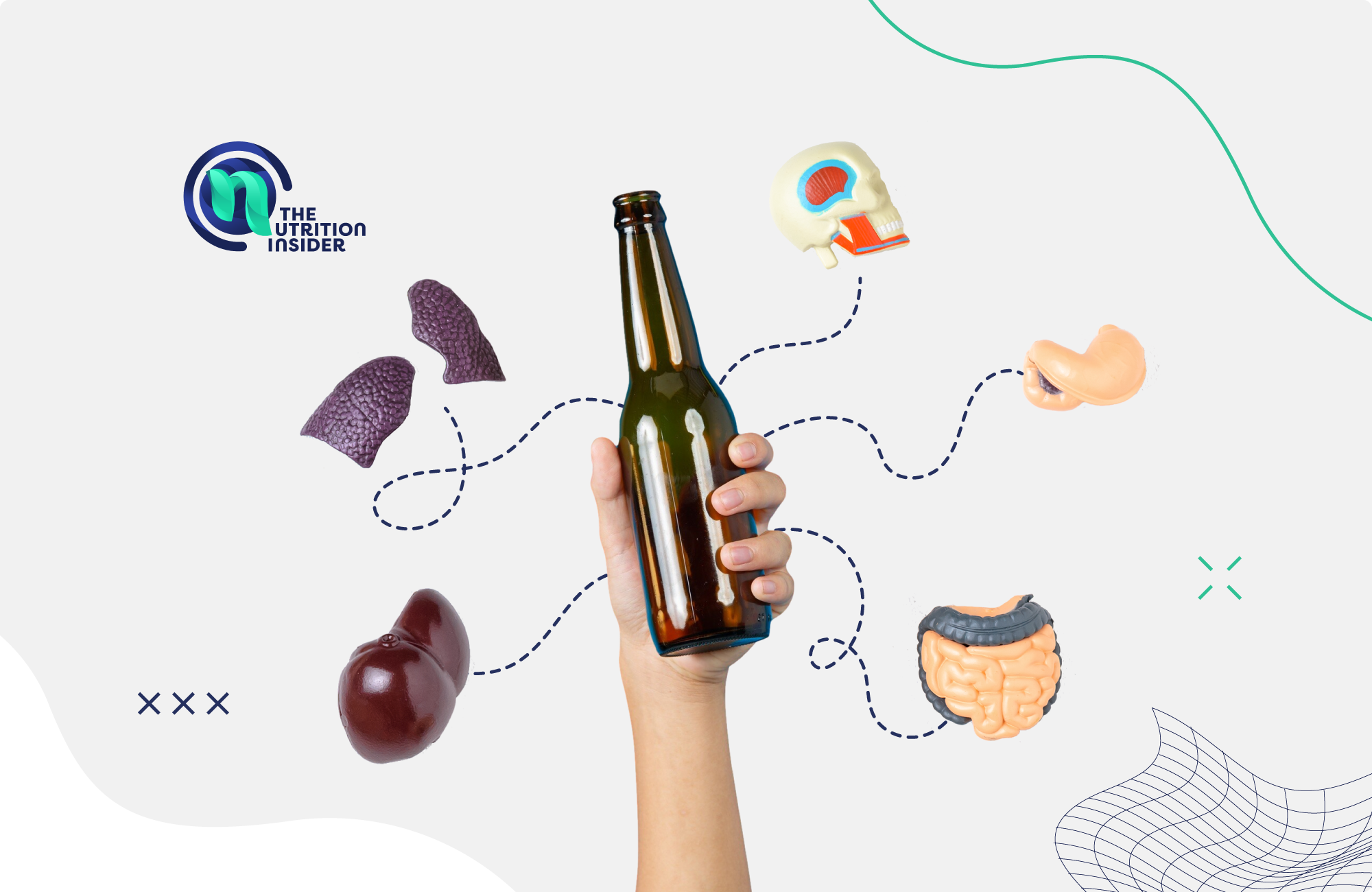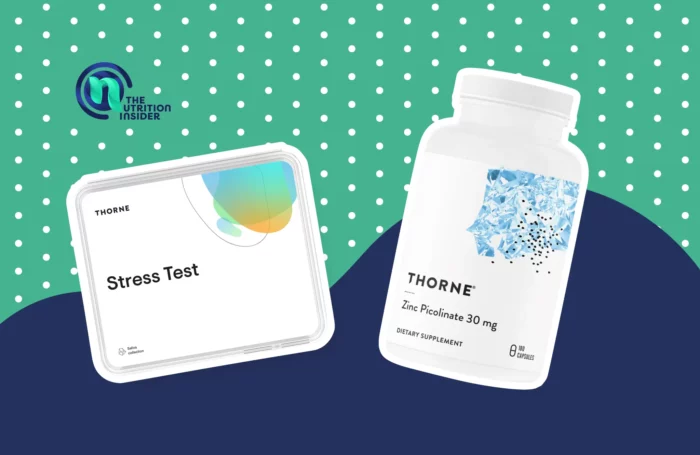This post contains links through which we may earn a small commission should you make a purchase from a brand. This in no way affects our ability to objectively critique the products and brands we review.
6 Things to Look for in Natural Cleaning Products
Evidence Based Research To fulfill our commitment to bringing our audience accurate and insightful content, our expert writers and medical reviewers rely on carefully curated research.
Read Our Editorial Policy
With so many reasons to switch to all-natural cleaning supplies, these products are, fortunately, becoming more widely available and popular. However, with that comes an inevitable uptick in companies claiming they are “non-toxic,” “green,” or “eco-friendly” when they actually are not.
When choosing the best natural and eco-friendly cleaning products, it’s important to look at their ingredients, effectiveness, sustainability, certifications, and more. In this article, learn the top six things to look for in natural cleaning products, including how to spot and avoid greenwashing.
Your Body, Evidence-Based
Get a consult. No fads, no fluff, just actionable nutrition.
Your Body, Evidence-Based
Get a consult. No fads, no fluff, just actionable nutrition.

Natural Cleaning Products: 6 Things to Look For

1. Non-Toxic Ingredients
First and foremost, an essential component of all-natural and eco-friendly cleaning products is having non-toxic ingredients.
Many hazardous and harsh chemicals in conventional cleaning products can harm human health, the environment, marine species, and wildlife. Avoid these ingredients in your cleaning products:
- Ammonia
- Chlorine (Sodium Hypochlorite)
- Volatile Organic Compounds (could be on a label as VOCs, formaldehyde, benzene, toluene, xylene, 2-butoxyethanol, methylene chloride, terpenes, ethylbenzene, tetrachloroethylene, and glycol ethers)
- Phthalates
- Parabens
- Triclosan
- Sodium Lauryl Sulfate (SLS)
- Formaldehyde
- 2-Butoxyethanol
- 1,4-Dioxane
- Quaternary Ammonium Compounds (Quats)
- Petroleum Solvents
- Perchloroethylene (PERC)
- Lye (Sodium Hydroxide)
- Synthetic Fragrances
- Nonylphenol Ethoxylates (NPEs)
- Per- and poly-fluoroalkyl substances (PFAS)
- Ethanolamines (MEA, DEA, TEA)
Plant-based ingredients (rather than synthetic) and biodegradable ingredients are also beneficial.
Natural cleaning products may contain ingredients like essential oils (rather than fragrance), vinegar, baking soda, citric acid, castile soap (a biodegradable vegetable-based soap made from olive oil or other plant oils), lemon juice, diluted food-grade hydrogen peroxide, coconut oil, or other plant-based oils.
2. Environmental and Non-Toxic Certifications
Just like with food or supplements, looking for independent, third-party certifications is essential when choosing the best cleaning products.
Some certifications related to sustainability and non-toxic ingredients include:
- Certified B Corp: Certified B Corporations are highly transparent companies that prioritize sustainability and environmental health (in addition to promoting social well-being, community health, and positive workplaces).
- EWG Verified: Created by the Environmental Working Group, having an EWG Verified® stamp is the ultimate seal of approval for safe and non-toxic ingredients. As of today, 112 cleaning products have been approved for the EWG Verified® mark.
- Safer Choice: Created by the EPA (Environmental Protection Agency), Safer Choice certifies products that are safer for human health and the environment.
- Made Safe: Created by Non-Toxic Certified, the Made Safe seal certifies products that are safe for both human health and the environment. Their Banned/Restricted List contains over 6,500 substances that are prohibited from use.
- BPI Compostable: Biodegradable Products Institute provides certification services for compostable products, which would be more for the packaging side of a cleaning product (it does not look at ingredients).
- FSC: Forest Stewardship Council certification ensures that products come from responsibly managed forests that provide environmental, social, and economic benefits.
- Certified Cruelty-Free: Also known as Leaping Bunny, this certification ensures that the product does not undergo any animal testing.
Even having just one of these certifications is great, but more is better!

3. No Greenwashing
Greenwashing is deceptive marketing in which brands claim to be sustainable, natural, or non-toxic without actually being so.
A greenwashed cleaning product might market itself as “natural” or “green” but still contain toxic or non-biodegradable ingredients or use non-sustainable practices.
These products typically do not have any certifications like the ones mentioned above. They might also create their own logos or labels that mimic legitimate eco-certifications or use environmental images (like trees, green plants, or recycling signs) to trick you into thinking it’s more natural or safer.
Other tactics might be having environmental words in the product’s name, like “green,” “eco-friendly,” or “sustainable,” without actually using any of those practices.
A greenwashed brand might also focus on a tiny eco-friendly feature (like recyclable packaging) while ignoring more significant environmental concerns (such as excessive water usage, hazardous chemicals, pollution, or energy consumption in production).
Ensure your cleaning product is not greenwashed by looking for third-party certifications, sustainability measures, transparent ingredients, and non-toxic ingredients.
4. Sustainable Packaging and Production
Sustainable cleaning products will typically be glass or aluminum (not plastic) and be packaged with recyclable materials or compostable packaging.
It’s also great if the brand offers refillable containers or concentrates to reduce waste.
Many brands provide a large concentrated solution of non-toxic cleaning products and a glass container or spray bottle. You mix and dilute the product in your reusable glass bottle at home and repurchase the concentrate less often.
On the production side, you’ll want to look for companies that follow sustainable manufacturing practices, such as reducing water and energy usage or carbon emissions. Many of these factors are included in the sustainability certifications mentioned above.
5. Effectiveness
Of course, whether or not a product actually works is important.
Although some all-natural cleaning products don’t work quite as well as their chemical-laden and toxic counterparts, most still get the job done.
However, you’ll want to read up on reviews or try it yourself to make sure it actually works for your needs.
6. Transparency
No matter what product you’re looking for (supplements, food, cosmetics, cleaning products), it is so imperative that a brand is transparent.
Choose brands that fully disclose their ingredients on the label (bonus points if they say what they’re used for), which shows a commitment to transparency and consumer safety.
Transparent brands should also have vast information on their websites about their sustainability practices, how their products are made or what they’re made with, and how they support the environment.
Natural Cleaning FAQs
What are the ingredients in natural cleaners?
Natural cleaning products often contain ingredients like essential oils (rather than fragrance), vinegar, baking soda, citric acid, castile soap (a biodegradable vegetable-based soap made from olive oil or other plant oils), lemon juice, diluted food-grade hydrogen peroxide, coconut oil, or other plant-based oils.
What is the strongest natural cleaner?
The strongest natural cleaner is probably white vinegar, which contains acetic acid. This acid removes grease, dissolves mineral deposits, removes stains, and kills bacteria and mold. It’s particularly good as a glass cleaner or for countertops. Other strong natural cleaners include diluted food-grade hydrogen peroxide, baking soda, and lemon juice.
If you want to combine natural cleaning ingredients at home for a DIY cleaning solution, try:
– Vinegar + Baking Soda: The chemical reaction between the two creates a powerful cleaning foam for scrubbing stubborn stains, unclogging drains, and removing grime.
– Hydrogen Peroxide + Baking Soda: This combination is particularly good for whitening and stain removal (great for laundry or deep-cleaning grout).
What are the best natural cleaning products?
Great products include ATTITUDE, Package Free Shop, Root and Splendor (laundry detergent), Blueland, Drift Botanicals, Branch Basics, and AspenClean. These all have EWG Verified products.








